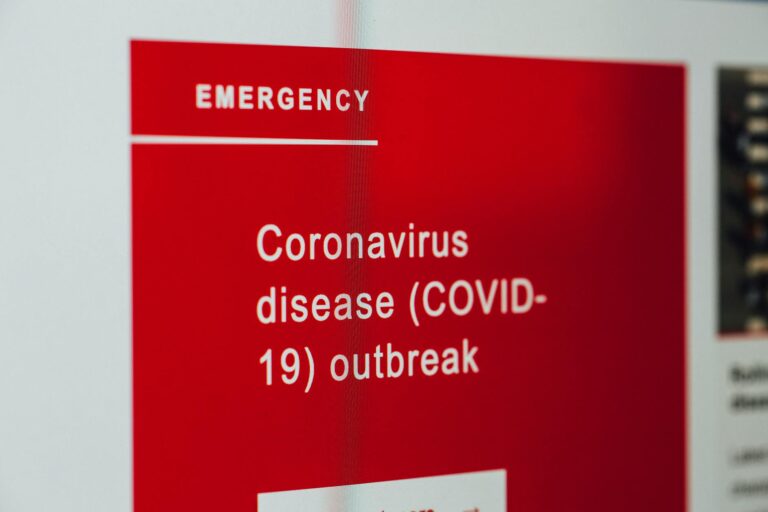In today’s digital age, it’s common to find yourself juggling multiple devices at once, whether it’s scrolling through social media while watching a show or checking emails during work hours. This practice, known as digital multitasking, has become second nature for many of us. However, research suggests that it can have significant effects on our cognitive function, particularly on memory and focus.
### The Challenge of Divided Attention
Digital multitasking involves using multiple digital devices or platforms simultaneously. This can lead to increased impulsivity and difficulty filtering distractions. When your attention is constantly shifting between different tasks or devices, your brain struggles to prioritize relevant information. This makes it harder to focus on a single task and can lead to reduced productivity.
### The Connection Between Memory and Multitasking
Heavy media multitaskers often experience reduced working memory performance. Working memory plays a crucial role in storing and processing data, so frequent digital distractions can contribute to forgetting key details or needing more time to recall information. Studies indicate that heavy media multitaskers tend to hold less precise representations of goal-relevant information, which can affect long-term memory as well.
### The Impact on Focus and Attention
Notifications, alerts, and pop-ups constantly demand your attention, leading to frequent interruptions. Each time your focus is diverted, your brain needs time to refocus on the original task, which can slow down productivity. This continuous cycle of distraction may contribute to difficulty maintaining prolonged attention and completing complex tasks.
### Overcoming Digital Distractions
To maintain cognitive health in a world filled with digital distractions, consider the following strategies:
1. **Curate Your Content**: Be intentional about what you consume online. Follow accounts and platforms that provide meaningful, educational, or uplifting content. Avoid sources known for misinformation, negativity, or excessive clickbait.
2. **Take Regular Breaks**: Use the 20-20-20 rule: for every 20 minutes of screen time, take a 20-second break to look at something 20 feet away. This practice can help reduce digital fatigue and improve your overall focus.
3. **Set Screen Time Limits**: Many devices and apps offer built-in tools to monitor and limit your screen time. Use these features to set boundaries, especially for social media scrolling or video streaming.
4. **Engage in Offline Activities**: Balance your digital life with offline hobbies, exercise, or in-person interactions to give your brain the variety it needs to thrive.
5. **Practice Mindful Consumption**: Approach online content with purpose. Decide what you want to read or watch ahead of time, and avoid falling into the trap of endless recommendations.
6. **Prioritize Sleep**: Looking at screens, especially before bed, can disrupt sleep patterns and contribute to cognitive fatigue. Establish a bedtime routine that minimizes digital exposure to help your brain recover and recharge.
By implementing these strategies, you can reduce the negative impacts of digital distractions and maintain a healthier cognitive function in today’s digital world.





